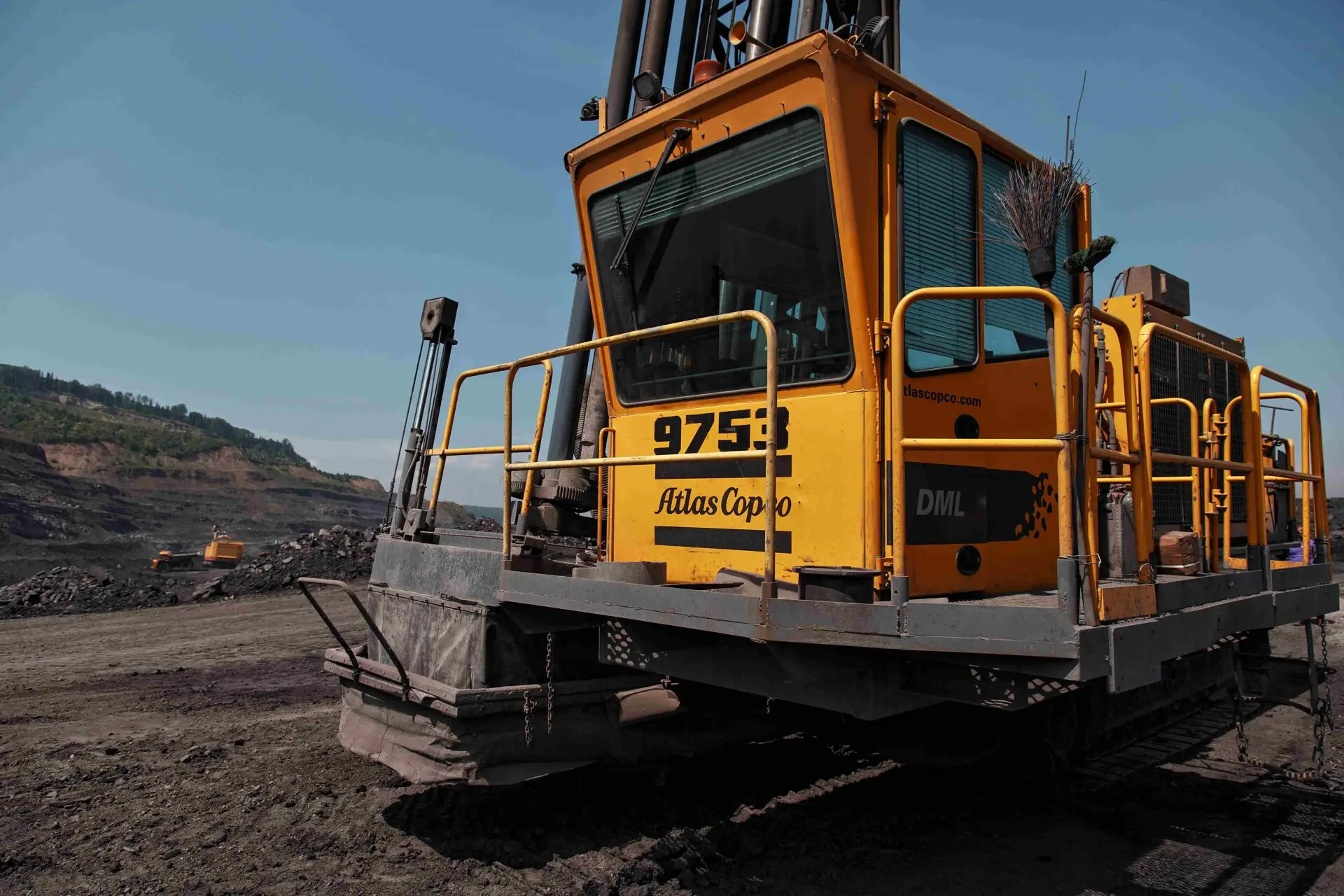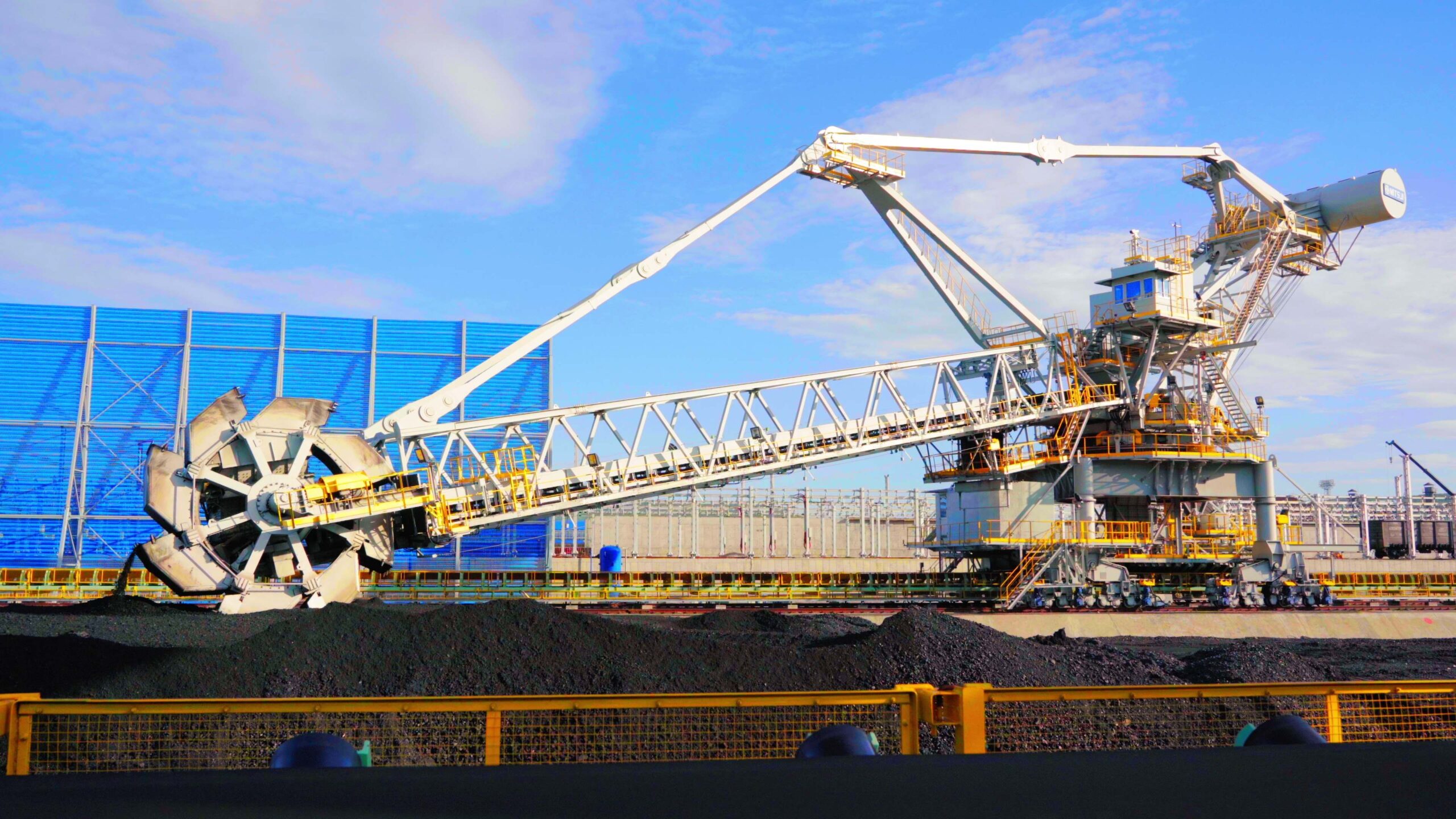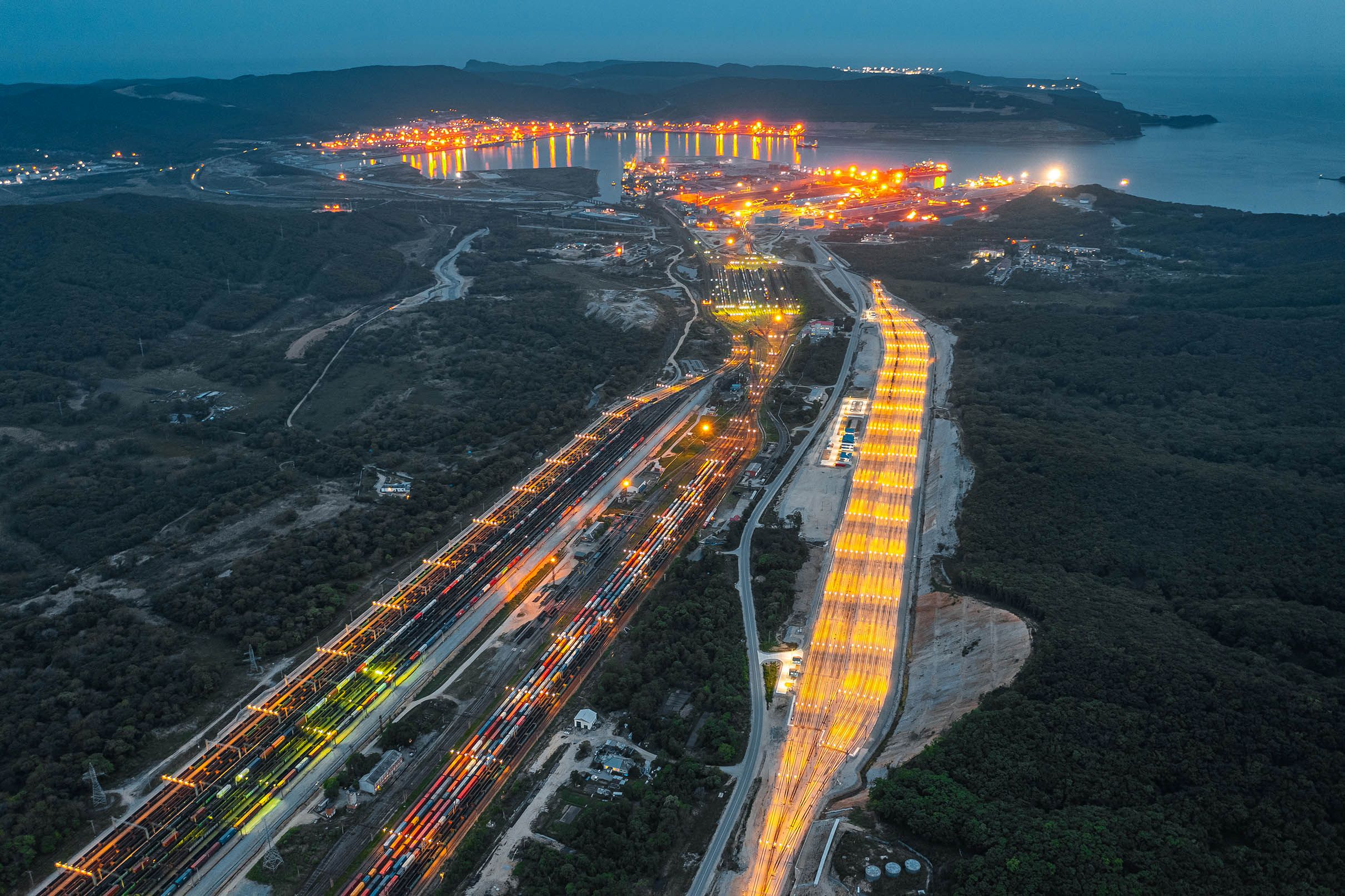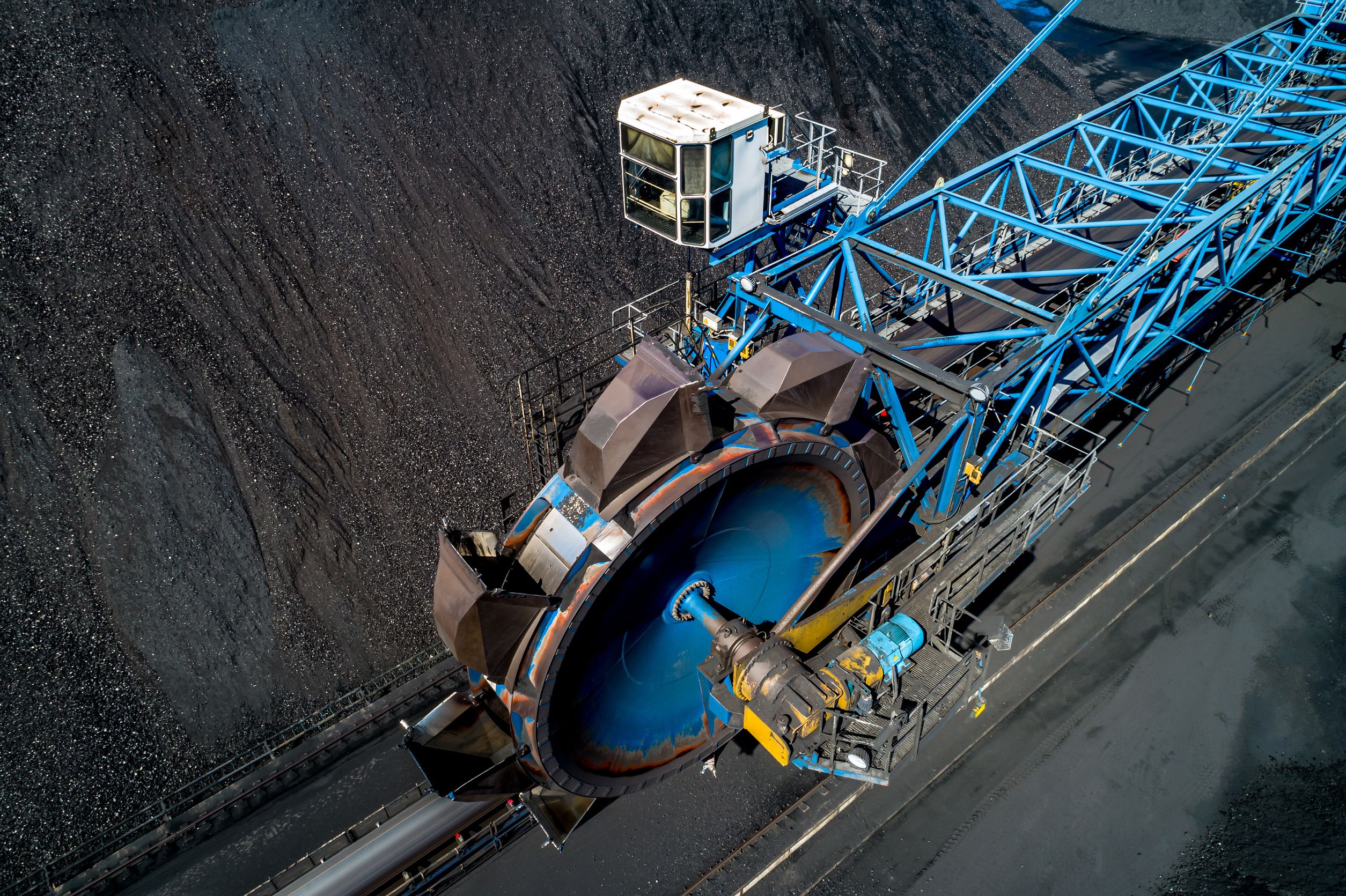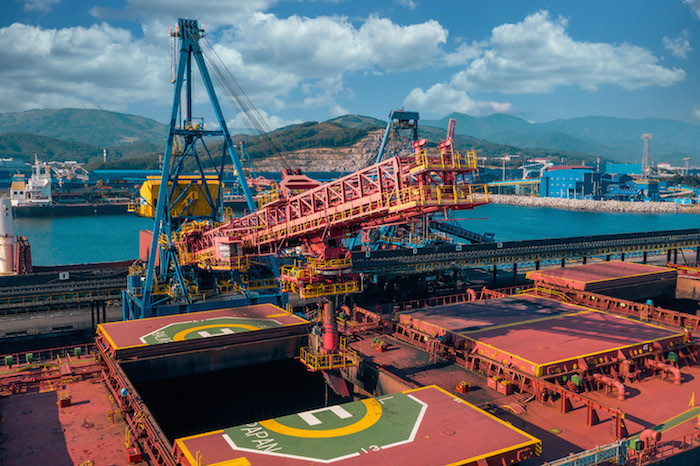
Over the past week, thermal coal indices dropped below 65 USD/t due to the EU carbon prices strengthening to record highs.
The price of carbon quotas determines the dark spread – profit margin of the coal-fired power plants on MWh produced.
Therefore, higher costs of carbon allowances make coal less attractive on the market. Feb.03, 2021 during the state auction in Poland, carbon prices on the domestic market reached 38 EUR/t, spurring costs of allowances on the European Emissions Trading System to 37.4 EUR/t (+4.8 EUR/t to or +15% to Jan.01,2021).
Nevertheless, market participants predict the recovery of thermal coal prices to 70 USD/t in the short term due to lower daily temperatures in a number of European countries. The surge in demand for coal amid heating season in the EU reduced ARA coal stocks to 4 mio t (-0.3 mio t or -7% to Jan.27,2021), the lowest level since September 2016.
South African coal indices continue its downtrend below 85 USD/t due to lower demand from Indian and Pakistani cement producers. Consumers remain on the sidelines waiting for a further reduction in quotes to conclude contracts with deferred delivery in March. The volume of daily coal supplies to the Richards Bay terminals after the maintenance of the railway line by the operator Transnet is gradually stabilizing. Coal stocks at the Richards Bay terminals reached 2.9 mio t (+0.7 mio t or +32% to Jan.01,2021).
Lower coal demand of a number of generating companies in the Asia-Pacific region amid slowdown in economic activity in China in the run-up to New Year negatively affected the quotes.
Overall coal production of the international mining company Glencore fell to 106.2 mio t in 2020 (-33.3 mio t or -24% to 2019) due the coronavirus pandemic and production cuts in Colombia, South Africa and Australia. The extraction of thermal coal at Glencore’s facilities in Australia decreased to 62.1 mio t (-10.7 mio t or -14.6% to 2019).
Lowering economic activity of Chinese generating enterprises weakened Indonesian coal prices. Earlier, market participants pointed out that Indonesian exports became dependent on the Chinese market conditions.
Steel mills in the Asia-Pacific region limit their working hours amid a seasonal decline in demand for steel, weakening Australian coking coal quotes.
Source: CAA Analytics
[tfws username=”CAA_Analytics” height=”700″ width=”350″ theme=”light” color=”#FAB81E” tweets=”2″ header=”yes” footer=”yes” borders=”yes” scrollbar=”yes” background=”yes”]
